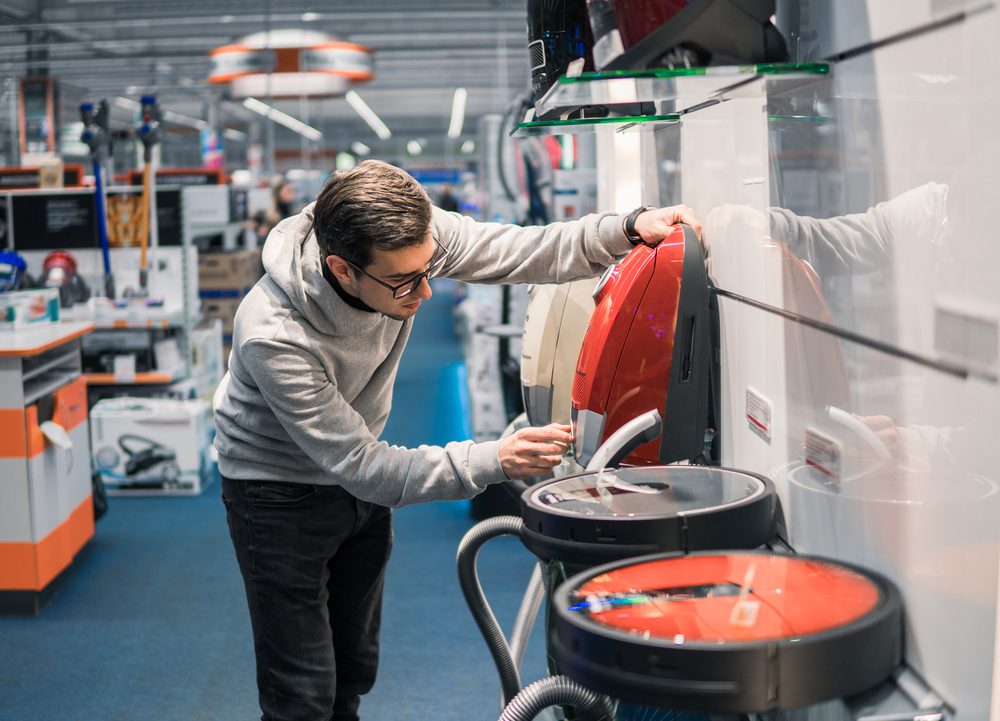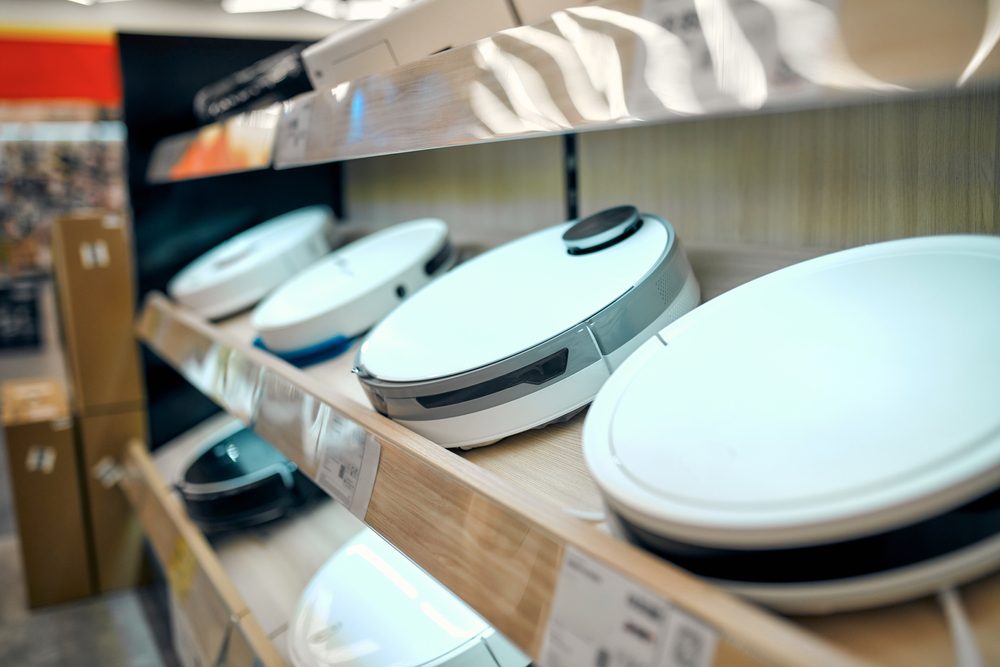Homeownership is definitely on the table for new couples. However, apart from buying the next place you’re about to call “home”, there’s another aspect you really need to consider, and that is appliances.
Without the proper ideas, buying appliances could easily burn holes in your wallet. In fact, according to the well-known financial expert Howard Clark, upgrading your old appliances might cost an average of $1,033.
Well, that’s a lot of money, right? Luckily, there are a couple of steps you should consider, so you can get something that’s truly reliable and cheap at the same time. Well, let’s start, shall we?

Know what features you wish for before purchasing anything
Technology nowadays could make spending money on useless things more tempting and easier. After all, do you really need that stove with a built-in computer console or that ice maker that you add to your refrigerator and makes you six different types of ice cubes?
No, I don’t think you do. Truth be told, both expensive and cheap appliances will have the same functionality, so there’s no difference there. In the majority of cases, they solely differ in all the extra features they have.
When you’re buying appliances, try to decide which of those features you really need and compare them with the ones that you only want because they look great on Instagram.
Profit as much as possible from the holiday sales
Appliances are greatly reduced during holidays, such as Christmas and Labor Day. Also, Black Friday and Cyber Monday might have a ton of great deals that will help you save more.
Now, if you want to know a little secret, many new appliance upgrades are generally rolled out in September and October, which makes room for BETTER deals on the older ones.
I think out of all the appliances that you could think of, refrigerators are the only ones that are an exception, as all the new models are released in June.
Don’t be scared to negotiate
Honestly, cars are definitely not the only big-ticket item that you can get at a lower price after fierce negotiations. There are many other items, such as appliances, that you could negotiate for.
Take the word of financial guru Howard Clark, who claims that no more than 33% of Americans are actually willing to haggle the price when it comes to appliances.
Also, around 75% of them always end up saving an average of $100 per appliance, which is pretty great. Others get discounts when paying cash.
And in some cases, if discounts aren’t on the table, customers are able to get free delivery and installation. In fact, some even get free transportation. Take it as it is: You will never know unless you ask.
Buy pre-owned appliances
When people decide to upgrade their home features, they decide to get rid of their old appliances, so they usually post them on Craig’s List or any other venue, at a lower price, of course.
Fortunately, these appliances still have a lot of life in them; they are in perfect condition, and some of them are even new. People just want to get rid of them rapidly, so they can buy something else, and oftentimes we’re talking about a model with more bells and whistles.

Don’t ignore any scratches or dents
Dealers might sell “scratch and dent” appliances at bigger markdowns, and this is the perfect chance to save around 10 to 50% off of the full retail price.
Also, you shouldn’t worry about getting damaged goods, as those scratches and dents will definitely pass unnoticed, unless you’re really looking for them, of course. Besides, they don’t have anything to do with the functionality of the appliances.
Don’t forget about security
Since we’re here, I’d strongly advise you to invest in a proper home security system if you want to know your investment is fully protected. Most of these systems come with a convenient app, not only for your security but also for your peace of mind.
Take measurements
What about those insufferable times when the perfect appliance just won’t fit into your home? That’s why you need to consider everything BEFORE buying, including taking measurements of the space where the appliance will stay and then check the appliance’s size.
Also, make sure you measure all dimensions: length, depth, and width. Do you want to know what else is worth measuring? The path that leads up to that location!
I mean, how would you feel to know that that new fridge of yours fits perfectly in its space but not through the door? It must be really frustrating! If you have any doubts, draw a map of all the important angles and spaces in your home and bring it with you to the showroom.
Don’t forget the doors
As mentioned before, taking the swing of the doors into consideration is SUPER relevant, but it goes even further! You need to know the measurements of the doors of your latest appliance, whether it’s the fridge, the washer, or even the dryers, but ALSO the doors in your home.
For instance, will you have space to open that pantry door, or will it get into conflict with the door of the fridge? Or will the washer knock on your bathroom door?
Most large appliances take up space, so their inventors (God bless them!) offer different customizing options. You will have plenty of door styles to choose from, but also the ability to change the way the door swings open. It would be better to pay attention to these details now, so you can enjoy your new purchases later!
Listen to the machine
This is my favorite one: what else would scream “PROFESSIONAL” rather than checking a possible new purchase by listening for funky sounds?
After all, a super noisy washer or dryer might have a shorter lifespan or might not work once you take it home. For instance, a lot of noise should be seen as a problem, especially if the laundry room is connected to your bedroom.

Read the fine print
Before buying anything, ask to take a look at the instruction manual. When it comes to high-tech, modern appliances, you could pay a lot of money for complex, precise options.
This is particularly great as long as you know exactly how to work the machine and will actually use those settings. Even so, if you’re just looking for something a bit simpler, there’s really no need to pay extra bucks just for a couple of settings you might not even use.
Research like a pro
This is probably one of the most important things you need to consider before looking into cheap appliances. Learn how to compare different brands, prices, and, of course, features the next time you visit a dealer.
Trust me, you will be shocked to find out how big the price differences are between two identical items. Also, use the information you get when deciding which of those features you actually need and which are only bells and whistles.
I know that buying cheap but GOOD appliances might seem impossible. Even if modern technology has made things 100 times more complicated in a lot of ways, there are still many appliances out there with the same basic features you’ve known for the last 40 years. Luckily, you will get them.
Now that we’ve properly discussed how to prepare before shopping for new appliances, I want to recommend something else you might find super helpful: How to Pay for Pricey Home Repairs and Still SAVE Money (7 Tips)








